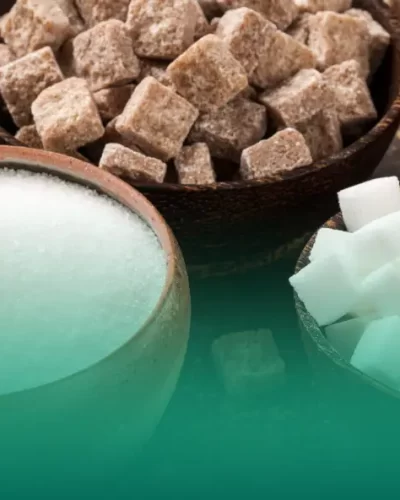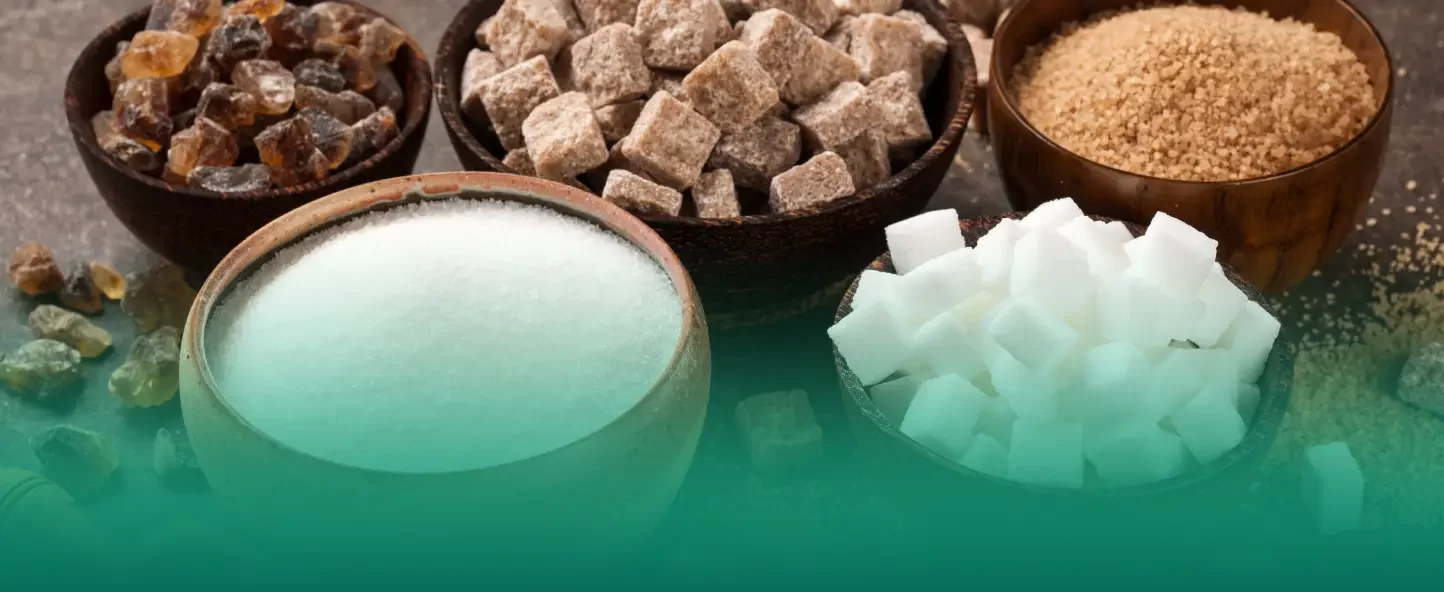Myth: Sugar makes children hyperactive
The myth that sugar makes children hyperactive is widespread and often mentioned in discussions of parenting and healthy eating.
This myth was first proposed by allergist Benjamin Feingold in 1973. Since then, many parents and teachers began to believe that the consumption of sweets can negatively affect the behavior and activity of children.
However, many studies and experiments have shown that there is no relationship between sugar consumption and children’s behavior. For example, in one study conducted in 1995, researchers found no differences in the behavior of children who consumed sugar products and those who did not.
Thus, the belief that sugar causes hyperactivity in children is likely a myth.
However, it should be remembered that excessive consumption of sweets can lead to other health problems such as obesity and tooth decay, and therefore moderate consumption of sugar in children’s diets is recommended.
However, the results of scientific research refute this assumption. An experiment conducted in 1996, which included the results of 12 “blind” studies (where scientists did not know which group of children received sugar and which received placebo), showed no differences between groups of children.
This means that even children whose parents considered them to be particularly sensitive to sugar did not show significant changes in behavior or attention.
Experiments have shown that within half an hour of consuming sugar-containing drinks, 9-11 year old schoolchildren concentrate better on math problems and tests. This is why you are often allowed to bring chocolate to exams.
However, this is not a reason to feed children sweets – the positive effect of glucose is short-term, and the harm to other body systems may be stronger.
Myth: Natural sugar is healthier than refined sugar
Coconut sugar, agave nectar, coconut or palm sap, and cane juice are preferable from a health perspective. Many people believe that these types of sugar are healthier because they contain additional nutrients and are less chemically processed. However, it is important to realize that all of these foods are still sugars and can contribute to your diet’s calories and blood sugar levels.
All types of sugars are processed by our body in the same way, but there is one important difference: the sugar contained in fruits enters the body in combination with fiber, vitamins, antioxidants and minerals.
This means that when we eat fruits, we not only get energy from sugar, but also beneficial nutrients that contribute to the health of our body. However, fruit juice does not contain fibrous cells because the cellulose structure is destroyed during processing, making it almost as harmful as any other added sugar.
Therefore, while consuming fruit in its natural form is a healthy choice, consumption of fruit juices should be limited to avoid excess sugar intake without beneficial nutritional components.
This applies not only to juices, but also to smoothies, purees and pastes. It is always better to consume fruits in their natural form: thanks to the presence of fiber in them, our body can effectively control satiety levels and reduce the risk of overeating.
Nature has provided fruits with convenient packaging: one fruit for one meal. While in juices and smoothies, you can consume several fruits at a time, which can lead to excess sugar. This excess can cause blood glucose levels to spike, which can be especially dangerous for people with diabetes or metabolic problems.
Therefore, to avoid excessive sugar consumption, it is recommended to prefer whole fruits to juices and other fruit products.
Myth: Mannose helps with cystitis and urethritis
Mannose is a naturally occurring sugar that is thought to have beneficial effects on urinary tract infections.
Urinary tract infections (UTIs) include cystitis, urethritis and pyelonephritis.
These infections are caused by various bacteria and fungi, most often by Escherichia coli (Escherichia coli, E. coli). Treatment usually involves the use of antibiotics, which effectively fight the infection but can cause side effects as well as resistance issues. Some studies suggest that mannose may increase the effectiveness of antibiotics and help prevent recurrences of cystitis.
Although the mechanism of action of mannose has been well studied in vitro, evidence of its effectiveness in real clinical practice is still insufficient. Mannose can be used as an additional remedy without stopping the main antibiotic treatment.






